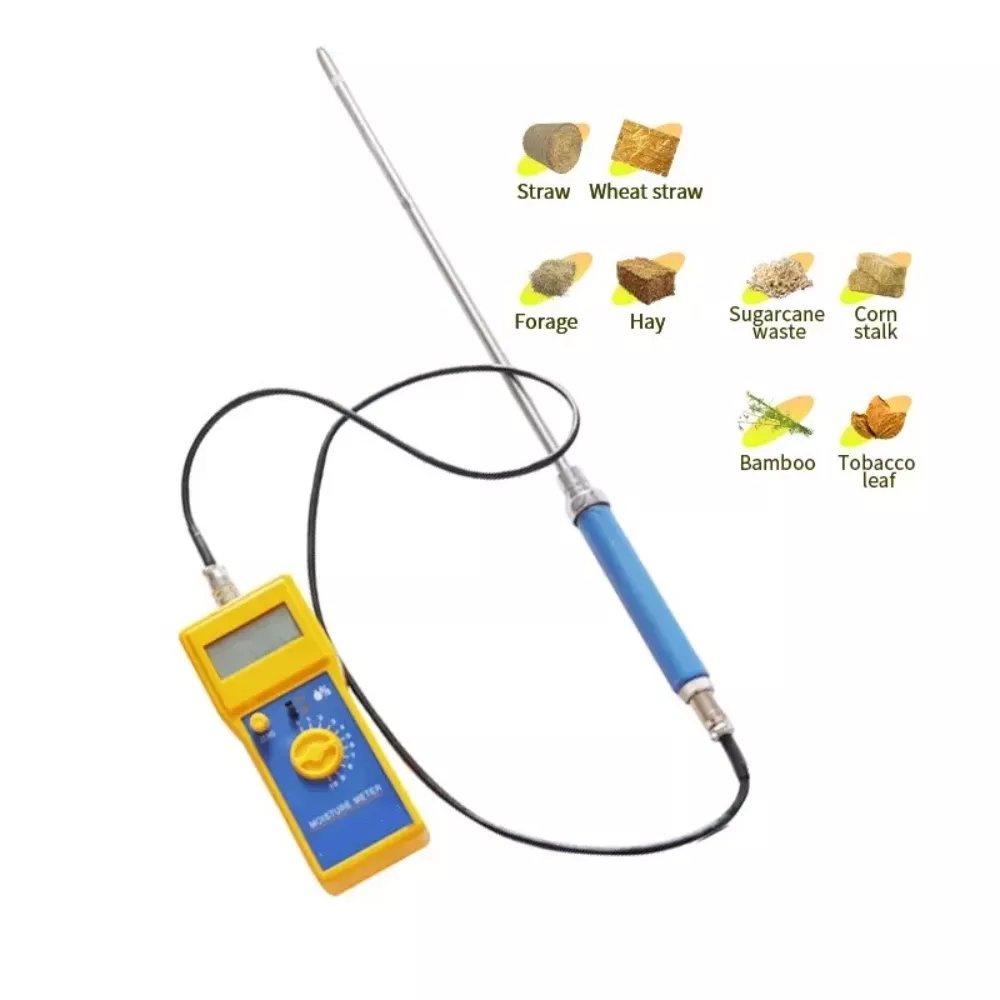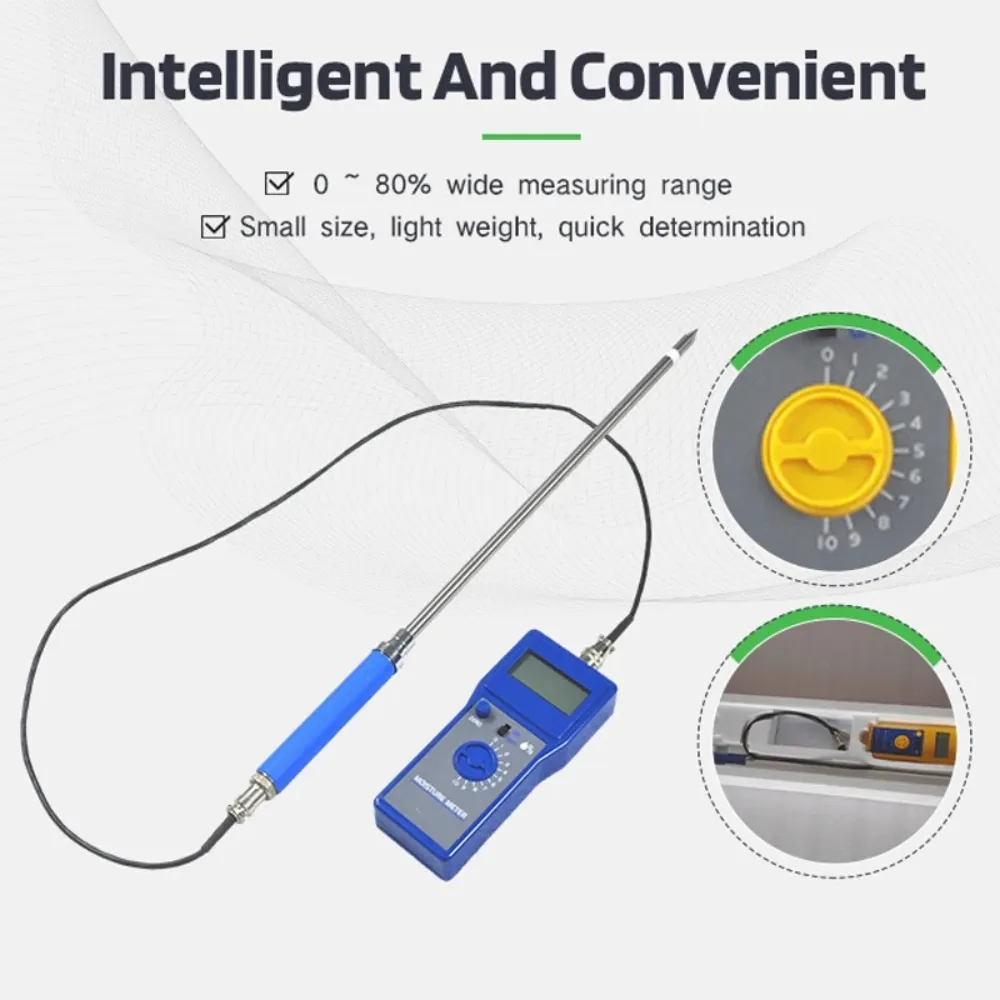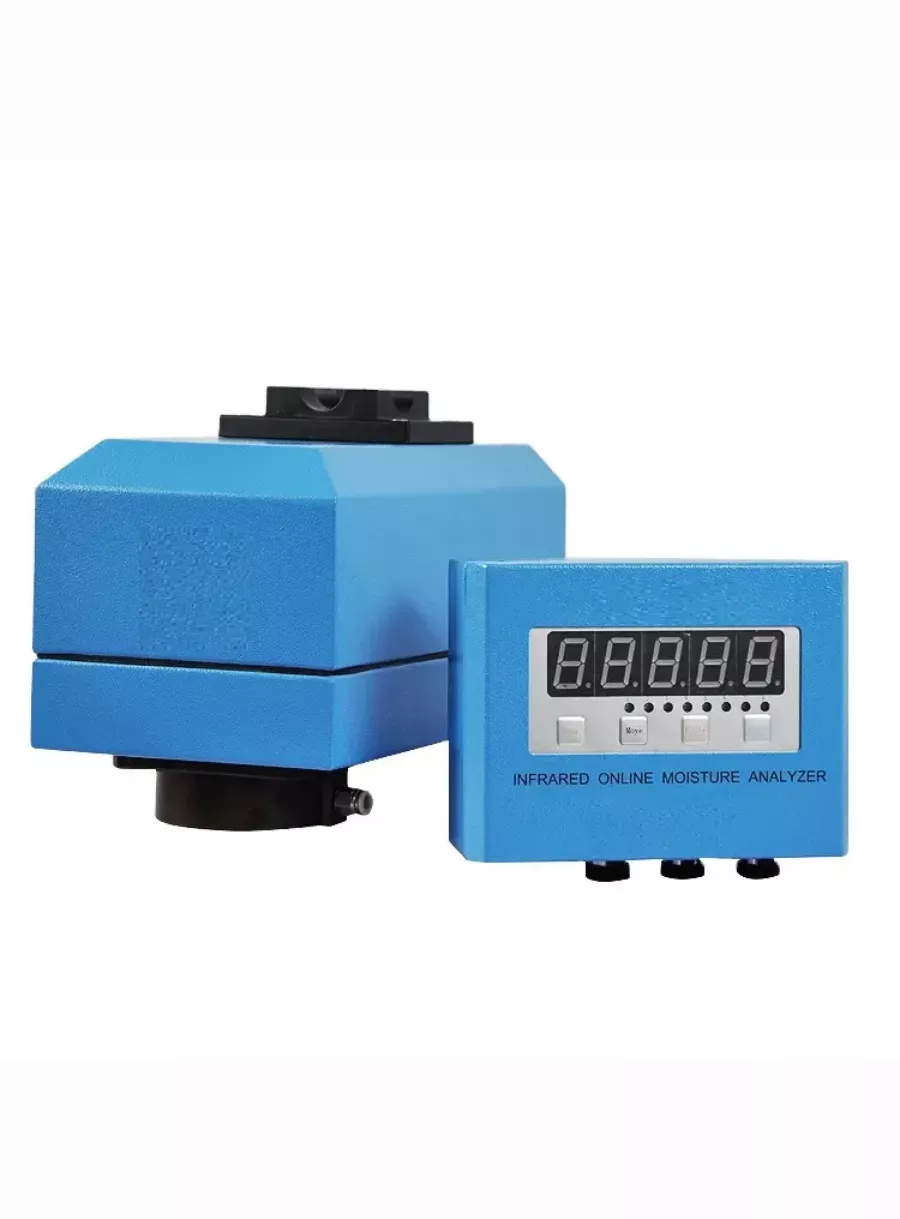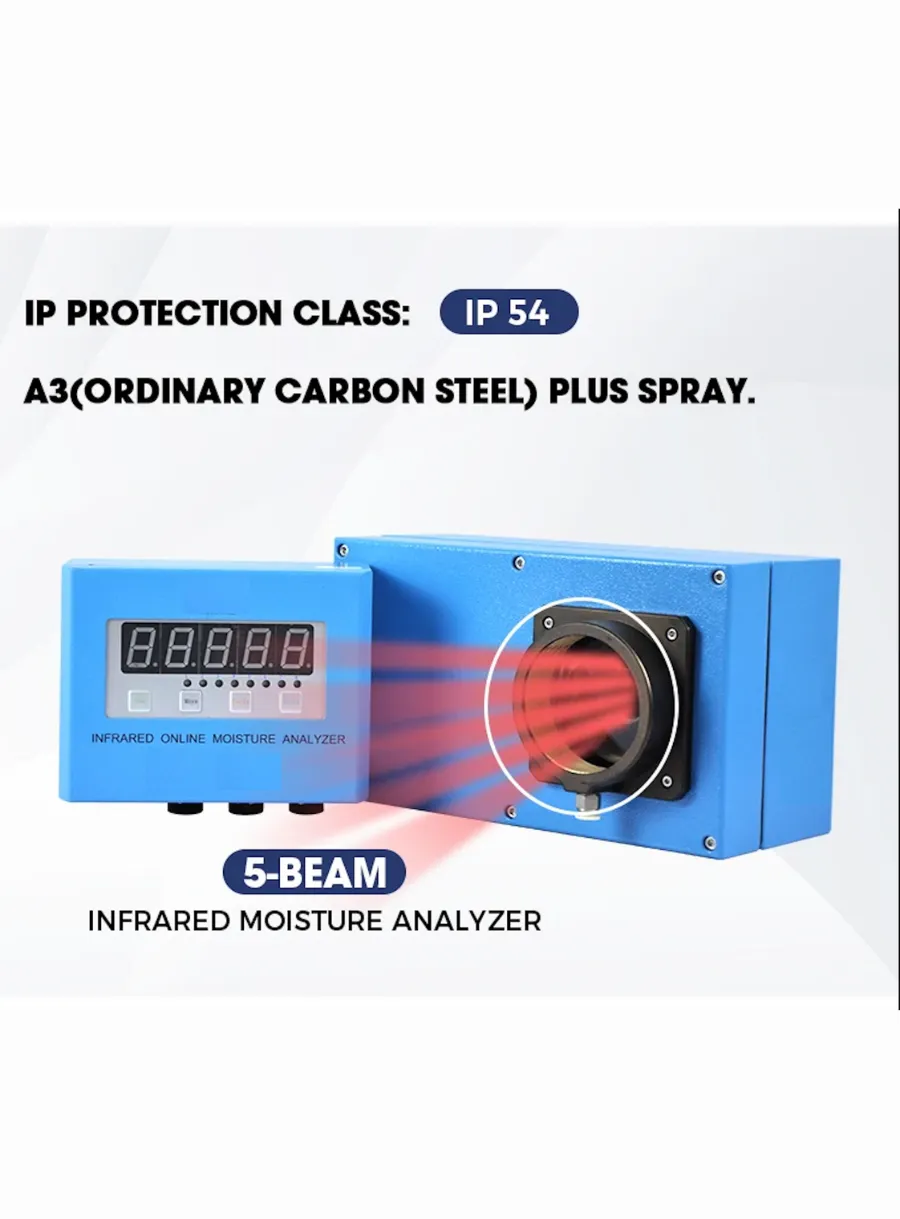How to Choose the Right Moisture Meter for Your Needs
Table of Contents
Moisture meters are essential tools for determining the moisture content in various materials, such as soil, wood, and concrete. They are widely used in agriculture, construction, and forestry industries to ensure that materials are properly dried or cured before use. However, with a variety of moisture meters available on the market, it can be challenging to choose the right one for your specific needs. In this article, we will discuss the factors to consider when selecting a moisture meter, as well as the different types of moisture meters available
First and foremost, it is important to consider the material you will be testing with the moisture meter. Different materials require different types of moisture meters. For example, if you are testing soil moisture, you will need a soil moisture meter, which typically measures the electrical conductivity of the soil. On the other hand, if you are testing the moisture content in wood, you will need a wood moisture meter, which measures the moisture content in the wood by detecting the change in electrical resistance.

Another factor to consider is the accuracy and sensitivity of the moisture meter. The accuracy of a moisture meter is crucial, as it determines how precise the moisture content measurement will be. A highly accurate moisture meter will provide a more reliable measurement, while a less accurate one may give false readings. Additionally, the sensitivity of the moisture meter is important, as it determines how well the meter can detect small changes in moisture content. A highly sensitive moisture meter will be able to detect even the smallest changes in moisture content, while a less sensitive one may miss these changes.
User-Friendliness and Portability
The ease of use and portability of the moisture meter is also an important factor to consider. A moisture meter that is easy to use will have clear instructions and an intuitive design, making it easier for you to take accurate measurements. Additionally, a portable moisture meter will be lightweight and easy to carry around, making it more convenient for you to use in different locations.

Balancing Price and Quality
The price of the moisture meter is another factor to consider. While it is important to choose a moisture meter that is within your budget, it is also important to remember that a higher-priced moisture meter may offer better accuracy and sensitivity than a lower-priced one. Therefore, it is important to strike a balance between price and quality when selecting a moisture meter.
Types of Moisture Meters
There are several types of moisture meters available on the market, including pin-type moisture meters, pinless moisture meters, and digital moisture meters. Pin-type moisture meters use pins to penetrate the material being tested, while pinless moisture meters use electromagnetic waves to measure the moisture content. Digital moisture meters, on the other hand, use electronic sensors to measure the moisture content. Each type of moisture meter has its own advantages and disadvantages, so it is important to choose the one that best suits your needs.
Making the Right Choice
In conclusion, selecting the right moisture meter for your needs involves considering several factors, including the material you will be testing, the accuracy and sensitivity of the meter, the ease of use and portability, and the price. Additionally, it is important to choose the type of moisture meter that best suits your needs, whether it is a pin-type, pinless, or digital moisture meter. By taking these factors into account, you can ensure that you select the right moisture meter for your specific needs and achieve accurate and reliable moisture content measurements.
Comments
Tags
Frequently Asked Question
Lorem ipsum dolor sit amet, consectetur adipiscing elit. Ut elit tellus, luctus nec ullamcorper mattis, pulvinar dapibus leo.
The main types of moisture meters are pin-type, pinless, and digital moisture meters. Each type has its own advantages and is suitable for different applications.
Consider the material you’ll be testing. For example, soil moisture meters measure electrical conductivity, while wood moisture meters detect changes in electrical resistance.
Not necessarily. While higher-priced meters may offer better accuracy and sensitivity, it’s important to balance price with your specific needs and budget.
Key factors include the material you’ll be testing, accuracy and sensitivity of the meter, ease of use, portability, and price. Consider these aspects to find the best meter for your needs.


